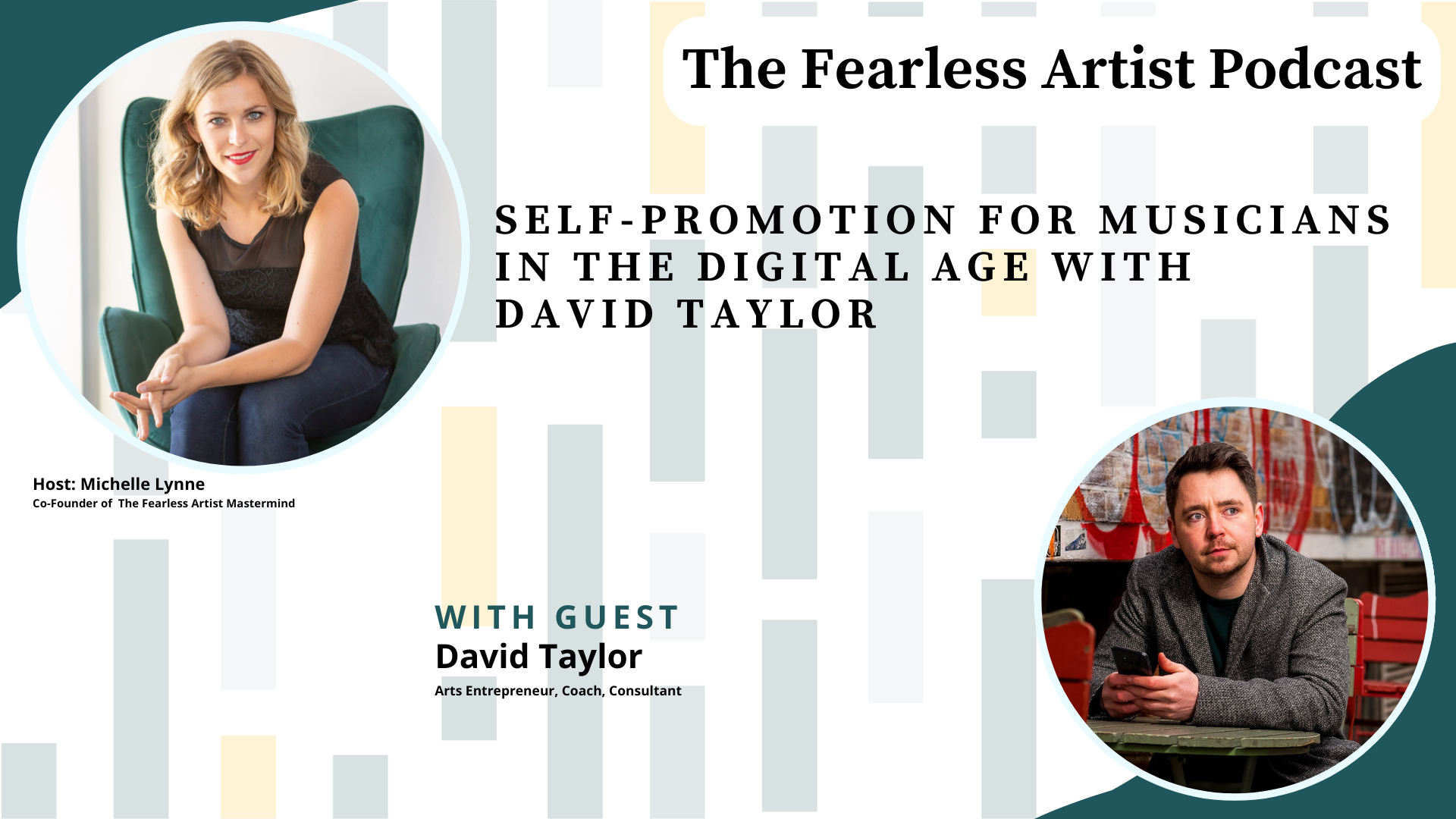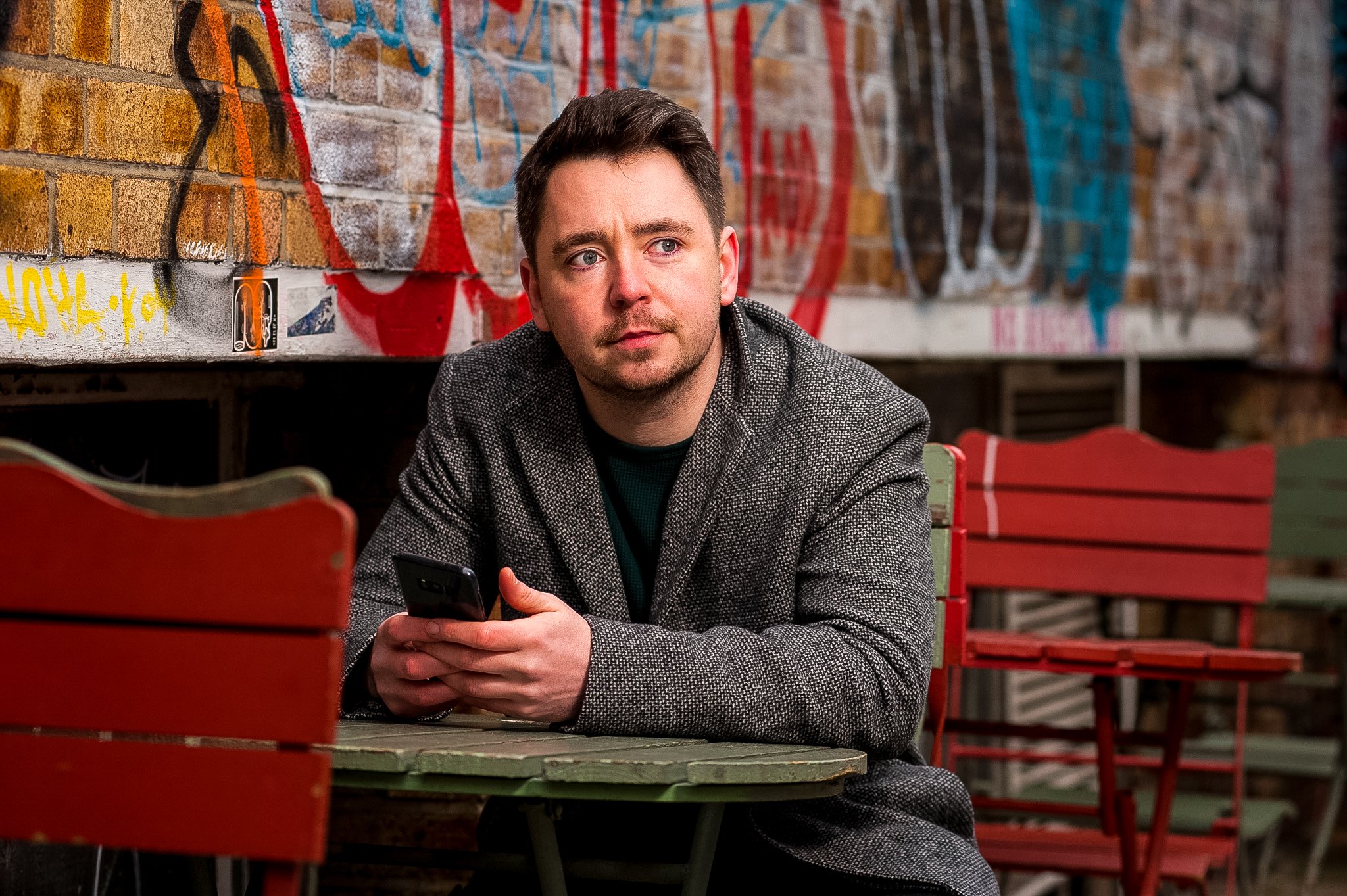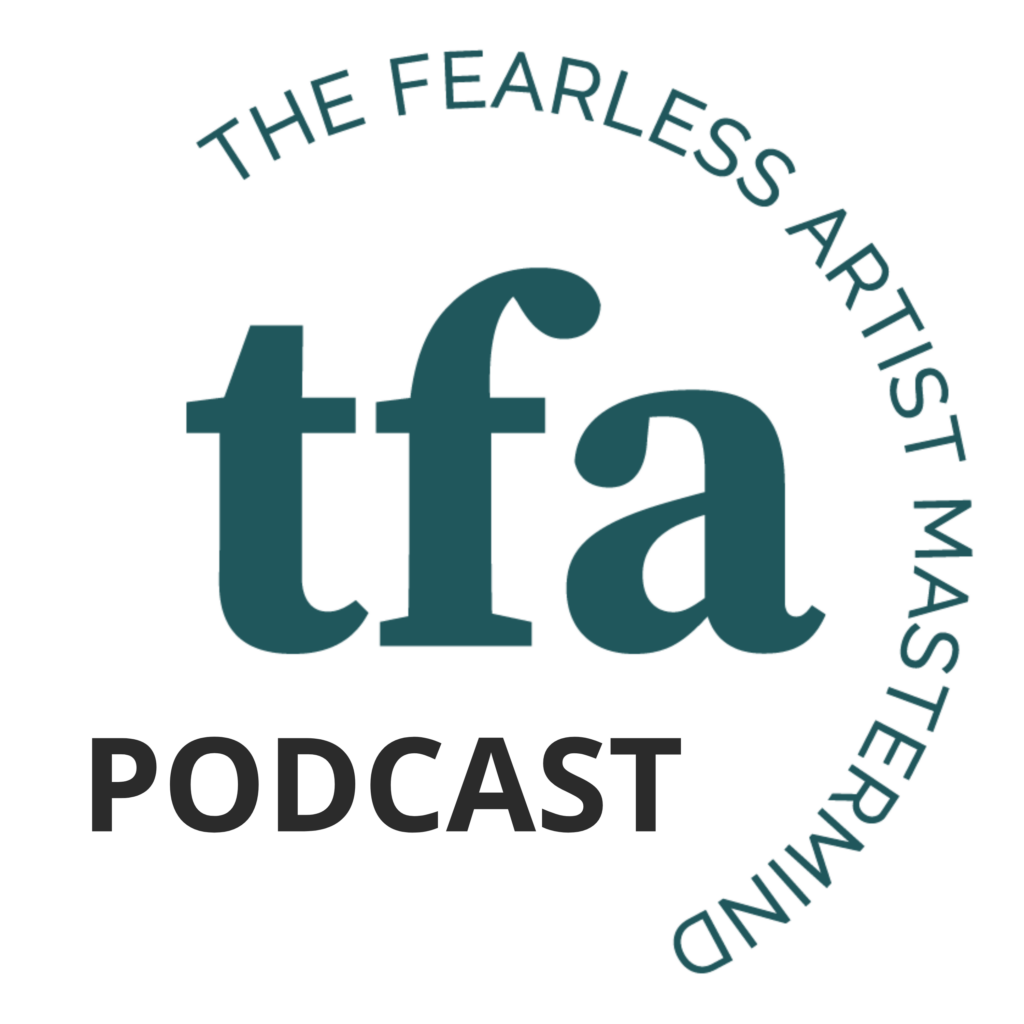Self-promotion for musicians in the digital age with David Taylor

Guest:
David Taylor
Arts Entrepreneur, Coach, Consultant
One of the leading entrepreneurs and thought leaders in the world of classical music, David Taylor has built his career on a dynamic and energetic approach to bringing innovation to the arts, leading him to be described as an “arts innovator” by the BBC and be named on Forbes 30 under 30 Europe 2018 list, alongside Paul Pogba, Rita Ora, Dua Lipa, Anthony Joshua, Maisie Williams and Little Mix.
Driven by a desire to help those in the arts flourish in the modern world, David’s accomplishments and pioneering approach to digital marketing in the arts has led him to become a highly sought after consultant and coach with arts organisations and individuals in the UK, Europe, and the USA.
David is passionate about enabling the next generation of entrepreneurs, innovators, and ‘doers’ in the arts. He regularly speaks and writes about entrepreneurship and the future of classical music, including giving talks at industry events across the world. During lockdown, David created the “How to be an Online Musician” blog series to help musicians affected by the pandemic, reaching over 100,000 people.
His experience comes from creating Yorkshire Young Sinfonia (YYS) in 2015, growing it to reach an audience of over 7.5 million people in just 4 years, with coverage including Sky News, BBC News, The Times, The Telegraph, BBC Look North, Classic FM, BBC Radio 3, Il Giornale and Classical Music Magazine. In 2017, David led YYS to become the first youth orchestra in the world to be 100% digital in partnership with the app Newzik, using iPads instead of sheet music.

Subscribe to The Fearless Artist Podcast
Intro/Outro music by Michelle Lynne • Episode produced by phMediaStudio, LLC
